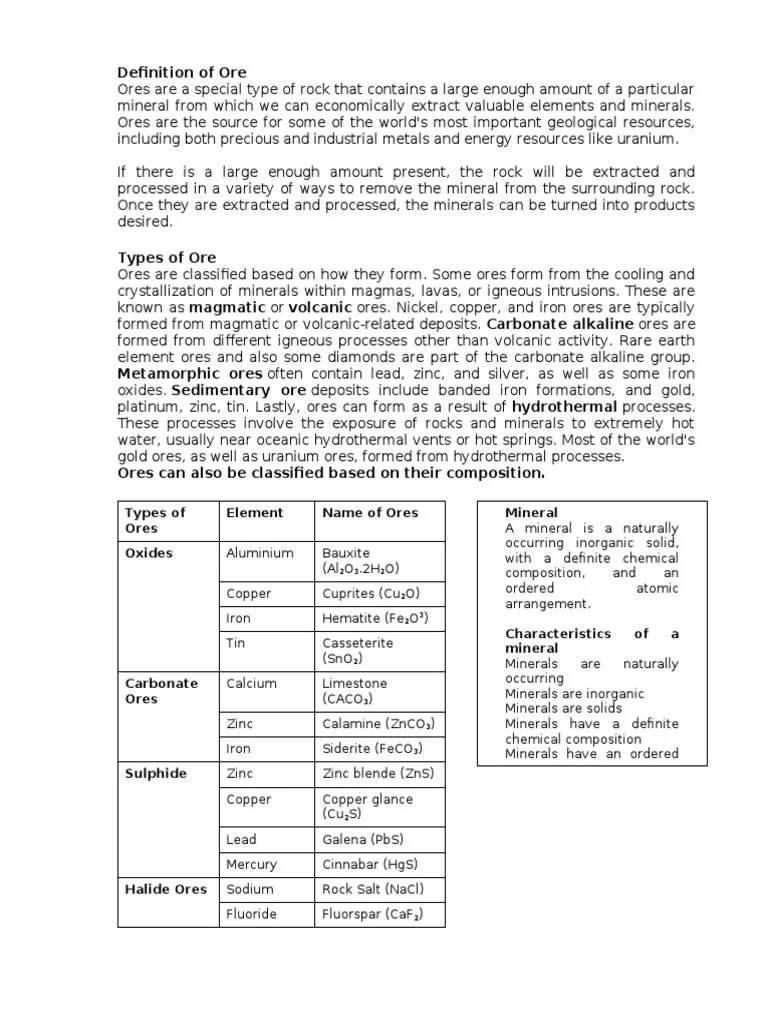Alright, let's get one thing straight: "People Also Ask" (PAA) isn't some helpful little feature Google cooked up out of the goodness of their algorithm. It's a goddamn interrogation lamp shining on the collective idiocy of the internet. And frankly, it's starting to piss me off.
I mean, look at these questions. Seriously, look at 'em. They're like the digital equivalent of that one uncle who corners you at Thanksgiving to ask if you've "thought about your future" for the tenth year in a row. Only instead of genuine concern, you get the cold, unblinking stare of a search engine that knows more about you than your own mother.
It's supposed to be about "related searches," right? Helping you refine your query, dig deeper, find real answers. But all I see is a relentless parade of the mundane, the obvious, and the utterly pointless. "Is water wet?" Give me a break. Are we really outsourcing our critical thinking to a goddamn algorithm now?
And the worst part? It works. We click those little dropdowns, chasing the phantom of knowledge, feeding Google's data beast with our every pathetic keystroke. We're Pavlov's dogs, salivating at the ring of the "helpful" bell.
The thing is, PAA doesn't actually answer anything. It just throws more questions at you. It's an infinite regress of digital breadcrumbs leading nowhere. It's like being trapped in a funhouse mirror, surrounded by distorted reflections of your own dumbass questions.
And who decides what questions "people also ask," anyway? Some algorithm buried deep inside Google's black box? Some marketing team trying to steer the conversation? You know, let's be real—it's probably both. The whole thing reeks of manipulation, of gently nudging us towards pre-approved narratives and conveniently packaged "answers". It's like they're saying, "Here, little sheep, these are the questions we want you to be asking."
But wait, are we really supposed to believe the guys who brought us targeted ads and personalized news feeds are suddenly concerned with our intellectual well-being? The same company that tracks our every move online is now our benevolent guide to enlightenment? Color me skeptical.

Then again, maybe I'm the crazy one here. Maybe I'm just a grumpy old man yelling at a cloud. But something about this whole PAA thing just feels… off.
Maybe instead of obsessing over "What is the meaning of life?" (spoiler alert: it's probably 42), we should be asking some tougher questions. Like:
* How is Google using this data?
* Who profits from our collective ignorance?
* And why the hell are we letting a search engine dictate the terms of our intellectual inquiry?
Yeah, those are the questions "people should be asking". But those ain't gonna show up in no cute little PAA box, are they? No offcourse not.
Google’s "People Also Ask" is not about answering questions; it's about controlling the narrative and subtly shaping what we even think to ask in the first place. It's the ultimate passive-aggressive power play, and we're all falling for it.